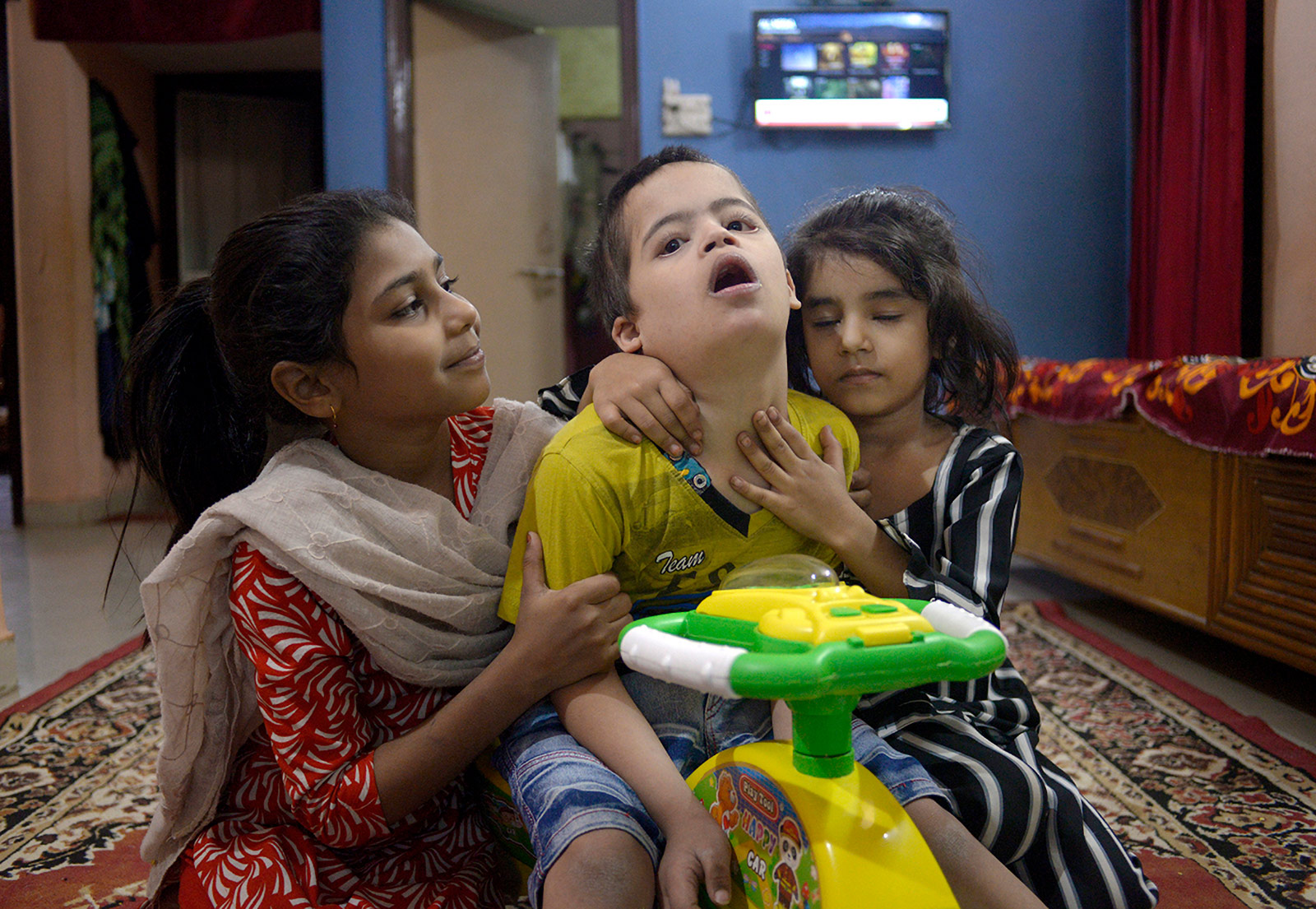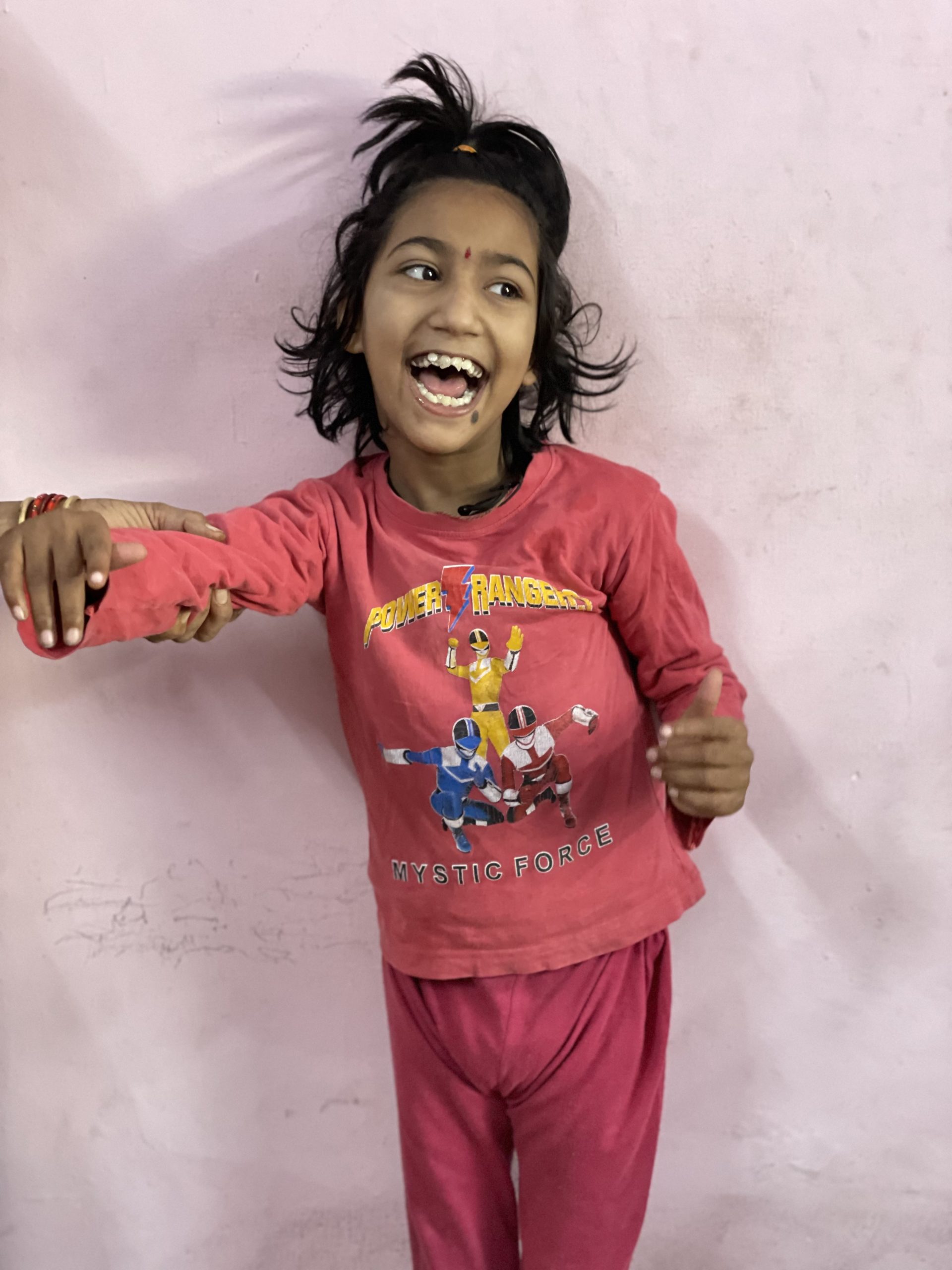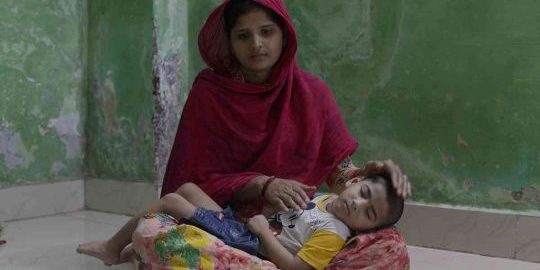Chingari Child Rehabilitation Fund
Fund a child’s rehabilitation at our Chingari clinic this Ramadan and help transform their life with your sadaqah gift. Thanks to our physiotherapists, speech therapists, and special educators, every year more children at Chingari learn to sit, walk, or speak, and face the world’s challenges.

Chingari Child Rehabilitation Fund
Fund a child’s rehabilitation at our Chingari clinic this Ramadan and help transform their life with your sadaqah gift. Thanks to our physiotherapists, speech therapists, and special educators, every year more children at Chingari learn to sit, walk, or speak, and face the world’s challenges.
The Bhopal Medical Appeal is a UK charity that cares for survivors of the world's worst industrial disaster, the 1984 Union Carbide gas disaster in Bhopal, India. We provide free treatment for families poisoned by gas or by toxic chemicals still leaking into water sources in the city, including a third generation of damaged children. These are their stories:
Usman’s Story
Disha’s Story
Ankada’s Story
Ubesh’s Story
Aksa’s Story
Salman’s Story
Abaan’s Story
Sudha’s Story
Barun’s Story
£7
Funds a child’s education for one month.
£10
Funds a child’s speech therapy for one month.
£17
Funds a child’s physiotherapy for one month.
£56
Funds a child's treatment, transport and food for a month.
£680
Funds a child’s treatment, transport and food for one year.
£15,000
Funds the whole Chingari clinic for one month.
Disclaimer: Before you donate, please note that the child rehabilitation fund is not a sponsorship program. By donating you are supporting the care of a child or children at Chingari, but you will not be linked with a specific child. We will provide updates on the progress of all the children’s treatment to our donors throughout their time in our care.
The Blessed Month of Ramadan
Why is The Bhopal Medical Appeal fundraising and raising awareness of the gas disaster and water poisoning with a faith-based campaign?
At The Bhopal Medical Appeal we acknowledge that the Islamic holy month of Ramadan is an extremely important time for the Islamic faith community across the world.
The month of Ramadan is synonymous with charitable giving, and we wish to highlight the incredible efforts and resilience of our registered children, their families, and the staff at Chingari.
Your sadaqah gift this Ramadan will help transform the lives of the children of Bhopal by providing them with long-term care, support and a place in a loving community.
Learn more about the Chingari Children's Clinic
The Chingari Rehabilitation Centre is dedicated to providing free, ethical and sustainable healthcare to congenitally disabled children born into gas and contaminated water affected families in Bhopal.












